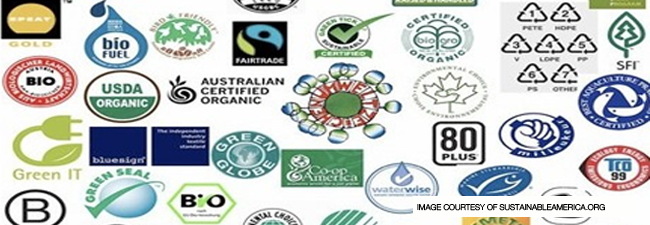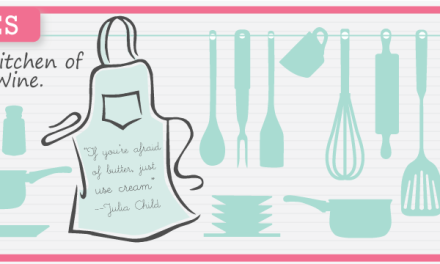I have never met James before, however, he sent me an email that I found intriguing. He posed an interesting thought and indeed question in my mind…. “Natural, organic, free-range, grass fed, fair trade — you continually see these terms stamped on your food but aren’t quite sure what they’re trying to say. So what exactly do these terms mean and which ones should you be looking for?
I was indeed intrigued so I asked James to say more.
Please welcome James Kim . . .
James Kim is a writer for foodonthetable.com. Food on the Table is a company that provides online budget meal planning services. Their goal is to help families eat better and save money.
Food Labels: The Skinny on What You Can Trust
Food labels are there to inform you about your food buying decisions. However, they’re also there to help producers advertise their products by sticking various claims on them. So what can you trust when you’re doing your meal planning? Read on to find out!
Trust
So what are some of the labels that you can definitely trust? Well, to start off, perhaps the most common label you’ll see is “certified,” which is on meat products. Now, the definition for “certified” isn’t all that specific: the Food Safety and Inspection Service just says that those products were judged by certain “quality characteristics” like the grade of the meat. That might seem a little shady to you, but it’s completely true that certified meat is a higher quality than the other product you’ll find at the store.
The next label is pretty hot lately: “organic.” Organic is one of the simplest labels, and means the food was “produced without using most conventional pesticides; fertilizers made with synthetic ingredients or sewage sludge; bioengineering; or ionizing radiation” in farms and processing facilities that have been vetted by a government-approved organization. Making the label even more transparent is the fact that there are different labels for the different percentages of organic ingredients that a product can have: “100% organic” for 100%, “organic” for 95% or more, “made with organic ingredients” for 70% or more and “contains organic ingredients” for 70% or less.
Going along with the “trendy” theme, another trustworthy label is “fair trade.” This label is given out by FLO-CERT, who checks to see that everyone involved in the life of a product receives all of the money that they’re entitled to. As an example, this means that the small farmer in a poverty-stricken nation who grows the coffee beans for your Starbucks coffee will receive his fair share rather than getting edged out by the large company buying up the beans to ship them out.
Don’t Trust
Things don’t seem too bad right now in the world of food labels. Healthier, higher quality food where the farmers actually make money? Sounds good, right? Well, unfortunately, not every food label is so great. In a decided contrast to “organic,” “natural” is actually one of the most deceiving food labels. The FDA does make sure that companies stick to regulations to label their food “natural,” but these regulations are just that the “food does not contain added color, artificial flavors, or synthetic substances.” In other words, you’ll be giving the food a more rigorous test just by looking at the ingredients list on the back for yourself (which is definitely what you should always do).
In another parallel, if the idea of “fair trade” appealed to you then you’re probably someone who likes the idea of buying food with the “local” label. In theory, “local” food is grown within 100 miles of where it’s sold, meaning you get it fresh and support farmers in the community. However, unlike with the other labels we’ve talked about, no one actually checks anyone’s claims of “local” product. Having the label on a product doesn’t really mean anything. If you really want local product, then go to the nearest farmer’s market so that you’re right at the source.
When you’re buying your food, remember that food labels are neither purely good nor purely bad. Approach all your purchases with a measure of caution and you’ll do fine. Knowledge is power, after all!







